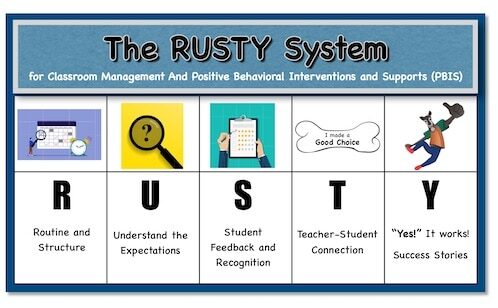Making students feel important and valued brings numerous benefits that enhance both their academic performance and personal development. When students feel recognized, their motivation to learn increases, leading to greater engagement and participation in the classroom. They become more confident in their abilities, which encourages them to take risks, ask questions, and push themselves to improve. This sense of validation also fosters resilience, helping students overcome challenges with a positive mindset. Beyond academics, feeling valued contributes to emotional well-being, reducing anxiety and self-doubt while promoting self-esteem and a sense of belonging. Students who feel important are more likely to build healthy relationships with their peers and teachers, creating a more supportive and collaborative learning environment.
This matters because a student’s perception of their worth directly impacts their willingness to learn and grow. When students feel ignored or unimportant, they may withdraw, lose confidence, or disengage from school altogether. On the other hand, when they know their presence and contributions matter, they develop a stronger connection to their education and the people around them. A positive, inclusive classroom environment not only improves academic success but also helps students develop essential life skills, such as self-advocacy, perseverance, and teamwork. Feeling valued encourages them to take ownership of their learning, work toward their goals, and contribute meaningfully to their communities.
Teachers can create this environment through consistent and intentional actions. Greeting students by name and making eye contact shows them they are acknowledged. Actively listening to their thoughts, responding with genuine interest, and offering personalized feedback helps them feel seen and appreciated. Encouraging participation, recognizing individual strengths, and creating opportunities for leadership empower students to take an active role in their learning. Checking in regularly on both academic progress and emotional well-being demonstrates care beyond the classroom. Treating all students with fairness and respect while fostering a growth mindset ensures that each learner feels capable and valued, allowing them to reach their full potential.



